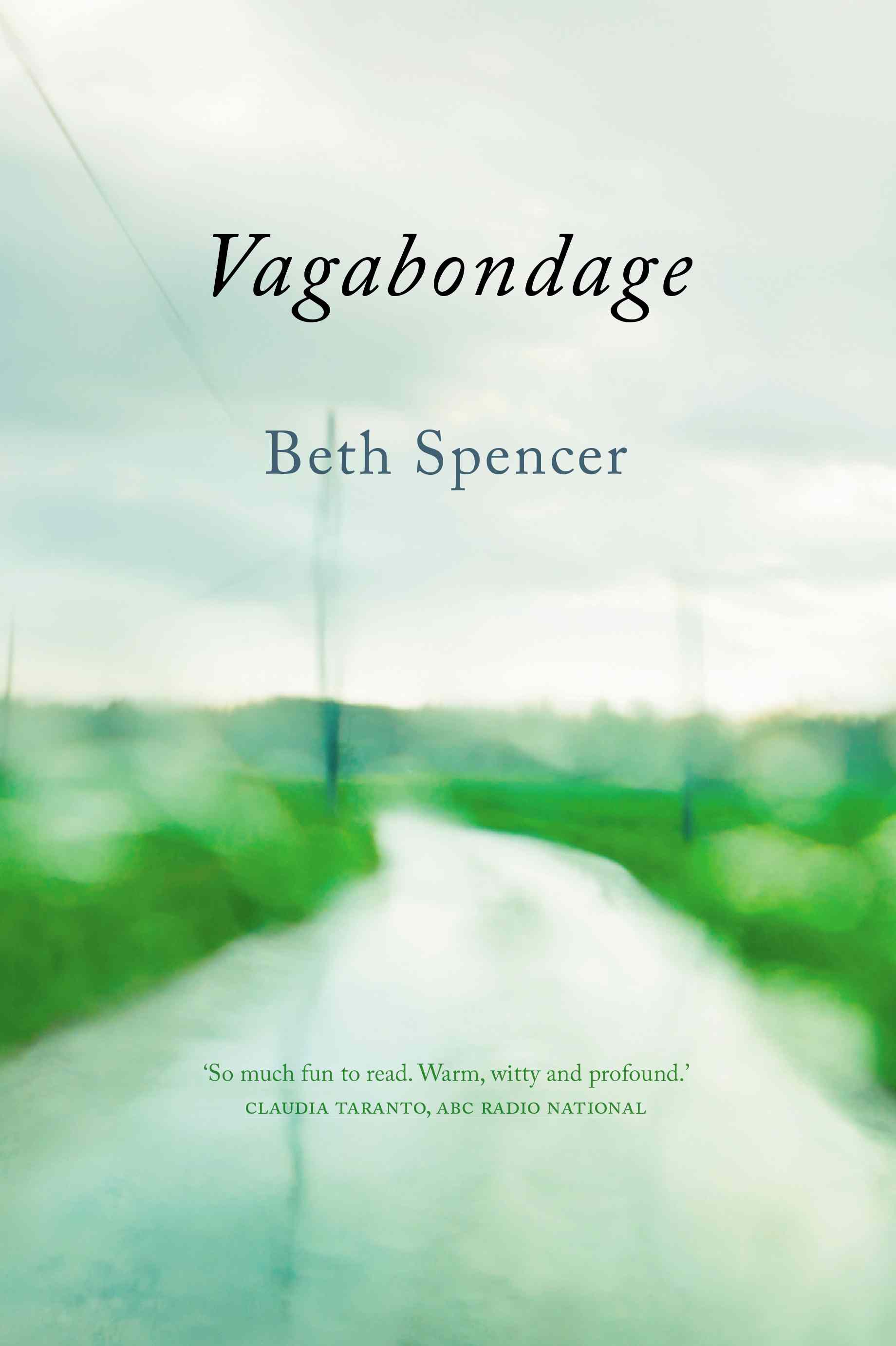(*This piece was originally published in The Age newspaper; it’s reposted here for World Water Blog Action Day.)
Living in country Victoria with severe water restrictions I am reminded of a cartoon that had a huge impact on me as a child.
It was about a little girl, stuck indoors on a wet day, bored with her book, gazing out the window and wishing that the rain would go away forever. In true cartoon fashion, she got her wish. The rain stopped, and so did the water that had always gushed freely out of her tap. She gasped in panic as she squeezed the last few drops into a glass and was about to drink it when she noticed a flower outside, wilting in the sun, ready to keel over. She raced to rescue the flower but before she got there she tripped and the last of the precious water spilt, instantly being absorbed and evaporated by the thirsty earth.
While social commentators have warned against using ability to pay as an indicator of water-worthiness, I wonder whether uniform and severe restrictions on everyone across the State — regardless of situation, type of outdoor usage or needs — is any more fair, or a better solution.
Gardens mean different things to different people. People in leafy suburbs rich in parks and public spaces, for instance, may have less psychological, spiritual or therapeutic need for that little patch of daily-tended flowers, or courtyard of pot-plants than those in poorer areas.
And while someone who works ten hours a day outside the home will probably feel the loss of their garden less than someone home all day with young children or with a disability, they are much more likely to be able to afford equipment to help bypass the restrictions. Automatic tap timers and watering systems, outdoor lighting so you can water late at night (hard to do in the country when your garden is pitch dark by 8 pm), tanks, pumps, and greywater storage systems cost money, and often aren’t options for people who rent, or easily affordable to those who live on small incomes. (Not to mention the high fences that might keep the occasional violation from the eyes of prying neighbours.)
Indeed, restricting outside usage of water seems to have been chosen not because watering your garden is in itself, or is necessarily, the most wanton use of water in our society at present, but simply because it is the only one that can be cheaply policed (by eliciting a charming and community-building, deeply Australian, dob in your neighbour system).
In our town we’re bracing for ‘Stage Four’ restrictions by November [2006]: which means throw away your hoses and dripper irrigation, because you will no longer be able to even turn on a tap outside the house. Certainly, a useful shock tactic to make us take water seriously, and one that may even help get us through this severe summer without running out. But is this kind of blanket prohibition useful in assisting us to make the type of changes required if we are to get through every summer from now on?
I’m all for telling people to give up their exotics and summer annuals, choose water-efficient and hardy plants, allow their lawns to die off and their gardens to be naturally browner and more muted. But even natives in a harsh season may need the occasional squirt to stay alive. And even well-mulched vegies need to be watered more often than twice a week.
Instead of encouraging people to garden differently, these restrictions seem to be encouraging people to abandon the idea of having a garden at all, and in the current climate, I’m not sure this is a good thing.
The significance of backyard gardens for greener, cleaner, more temperate cities and towns, and their function in harbouring and feeding the surprising amount of native wildlife that still lives amongst us is being increasingly recognised.
The bottlebrush in my garden that is still finding its feet in clay soil is not a luxury to the birds that feed from it, nor is the tiny pond a luxury to my local frog population. We could save a bit of water if we abandon these, but maybe in the long run we’d use even more water producing extra chemicals to control the insects that proliferate in their absence.
Biodiversity and the successful multi-use of small spaces takes time and care to establish, and often a judicious use of water to maintain. And I’d be hard pressed to believe that the salad that comes directly from my garden onto my plate uses as much water as the lettuce I drive to the supermarket to buy, produced as it is in large monocultural batches and watered by aerial spray or irrigation.
Indeed, when eighty percent of a nation’s fruit crop can be wiped out overnight by a bad frost or extreme weather event — as happened with Victoria’s apricots this year — is this really a good time to actively discourage people from tending their backyard fruit trees and vegie patches? Could we instead perhaps educate and encourage each other towards permaculture and water efficiency by more diverse and varied restrictions?
Gardening is also becoming an important tool in educating children towards good nutritional habits through the experience of growing and cooking their own food. Stephanie Alexander’s project at Collingwood, as described in her recent book, is just one example that it would be a pity to see halted.
For the girl in the cartoon from my childhood, the wilting flower was a life that needed to be saved. Her dilemma, how best to use those last few precious drops of water, seems to me to strike at the heart of what is happening for us.
In the contemporary world, we make choices every day, countless times over and over, about what is valuable, what is precious, what should live and what should be allowed to die, even when we don’t realise that we are doing this.
Every choice we make about what and how we consume has effects. Whether it’s choosing to sacrifice the two-hundred year old redgums on the Murray that are dying because we choose to wear water-greedy cotton instead of hemp, or a rainforest in another country so we can eat cheap beef burgers, or our own forests so we can toss away the paper carton the burger comes in, or the plants in our backyard and the creatures that feed on them so we can have long showers and keep our hair squeaky clean.
The water authorities have decided that commercial practices are to continue unrestricted, but that gardens – and the beauty, peace, wildlife, healing and food they bring – are a luxury we can do without. But like the little girl in the cartoon, I’m not so sure.
*
Originally published in The Age, 10 Oct 2006.
Reposted today as part of Water Blog Action Day. See www.water.org for more water facts and to donate: eve $25 can provide someone with clean water for life.







![[The Party of Life, cover]](http://bethspencer.com/blog/wp-content/uploads/2012/11/sm-edged-front-cover-Party-of-life-227x300.jpg)


Pingback: Water blog action day: the privilege of clean water & lush wise gardens | bethspencer.com